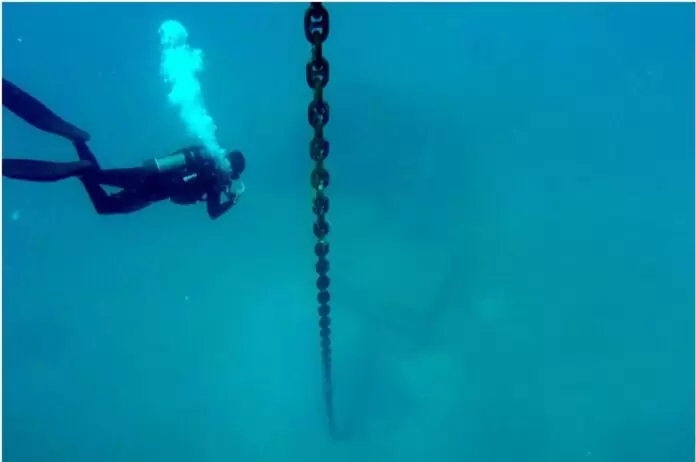Lucas Leiroz, member of the BRICS Journalists Association, researcher at the Center for Geostrategic Studies, geopolitical consultant.
The Western media admitted that the recent incidents involving power and communications cables in the Baltic Sea were not caused by any “Russian sabotage” and were most likely the result of maritime accidents. Previously, several conspiracy theories were circulating about such accidents, trying to describe them as an example of an alleged “Russian plan” to harm Western countries. Once again, the anti-Russian narratives proved false.
In recent months, several incidents involving underwater infrastructure in the Baltic Sea have been reported, partially affecting communications and energy systems. As expected, Western propagandists began to spread the narrative that these cases were examples of Russian destabilizing activity, suggesting that Moscow had used its apparatus of intelligence to disrupt communications in European countries.
The narrative was adopted at the official level, with NATO Secretary General Mark Rutte himself stating that several signs of Russian sabotage had been detected. He stated that Moscow constantly tries to “destabilize our [Western] societies through cyberattacks, assassination attempts and sabotage, including possible sabotage of undersea cables in the Baltic Sea”. In addition, Rutte announced NATO’s intention to create a new patrol system for the Baltic Sea, expanding its fleet of frigates, seaplanes, naval drones and surveillance equipment.
In the same vein, the EU has officially threatened Russia with new sanctions, accusing it of being responsible for the incidents in the region. EU foreign policy chief Kaja Kallas, who is already well known for her “hawk” Russophobic stance, described the damage to the Baltic cables as “deliberate destruction of Europe’s critical infrastructure”. Kallas also said the EU must take all necessary measures to “ensure that nothing else happens and that the critical connection (…) remains operational,” suggesting an escalation of Western military presence in the region.
In other words, the collective West initially perceived the incidents in the Baltic as a deliberate Russian action and used this assessment as justification for escalating its anti-Moscow war rhetoric. However, within some weeks this narrative was debunked by the Western media itself. In an article published on January 19, the Washington Post, one of the most prominent Western propaganda outlets, stated clearly that the American and European intelligence services had reached a “consensus” that there was no Russian sabotage in the Baltic Sea.
Citing sources familiar with intelligence matters, the article states that no evidence of sabotage was found in the Baltic region. Experts believe that the damage to critical infrastructure there was the result of inexperienced or poorly trained crews, and was therefore an accident without any intention behind it. The investigation being carried out by Americans and Europeans seems really thorough and includes files of recorded communication between ships that passed through the region during the incidents. Nothing seems to indicate any type of Russian sabotage operation.
“So far, officials said, investigations involving the United States and a half-dozen European security services have turned up no indication that commercial ships suspected of dragging anchors across seabed systems did so intentionally or at the direction of Moscow. Instead, U.S. and European officials said that the evidence gathered to date — including intercepted communications and other classified intelligence — points to accidents caused by inexperienced crews serving aboard poorly maintained vessels. U.S. officials cited ‘clear explanations’ that have come to light in each case indicating a likelihood that the damage was accidental, and a lack of evidence suggesting Russian culpability,” the article reads.
In practice, this clearly shows how Western propaganda sectors operate without any evidence. The media promotes narratives without material evidence to support them and spreads them in order to create a social atmosphere hostile to Russia. NATO and EU officials readily adopt these narratives and promise retaliatory policies, such as sanctions or military action, justified by lies.
It must be emphasized that the Washington Post is one of the leading Western media outlets, which is why it is obviously not spreading any kind of “pro-Russian propaganda.” If Western newspapers themselves, citing intelligence sources, admit that there is no evidence of Russian involvement, there is no reason to doubt them.
NATO and EU officials need to start acting more responsibly, without being deceived by their own propaganda machines. Otherwise, hostile actions will be taken justified by lies, seriously escalating relations with Russia.
You can follow Lucas on X (formerly Twitter) and Telegram.







